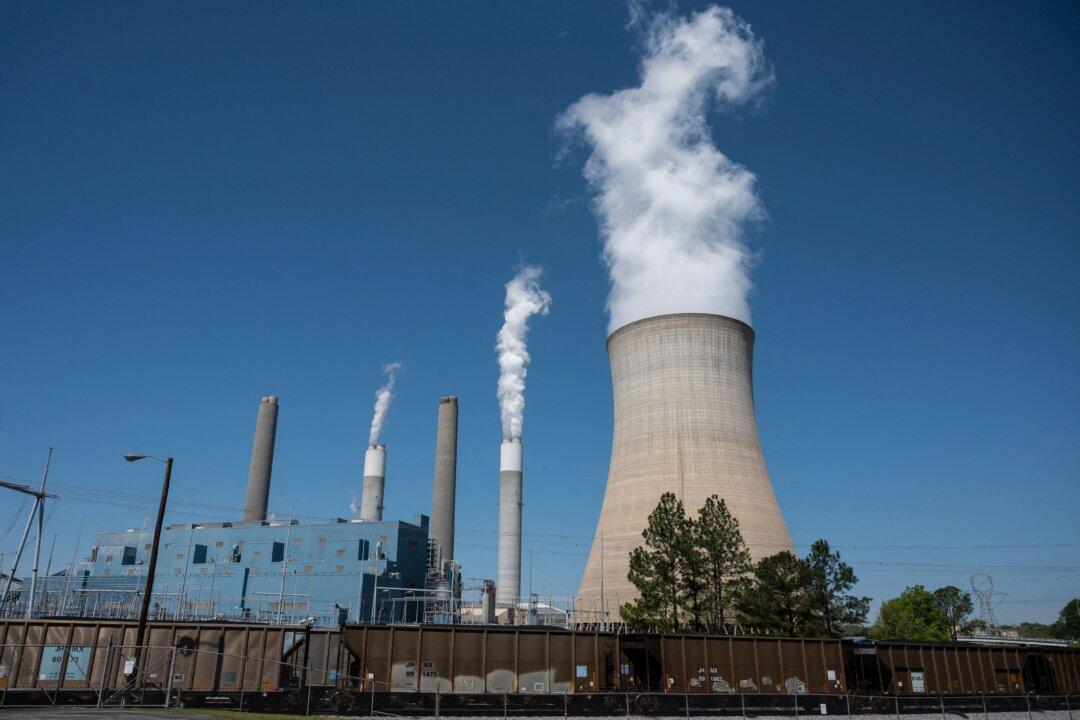Frequent blackouts throughout the United States would become more likely if the drive to replace fossil fuels with unreliable “green” energy goes through, warned a federal regulatory official.
The Biden administration’s policy to replace traditional sources of energy with wind and solar would push the national power grid to the brink of a double crisis, said Mark Christie, a member of the Federal Energy Regulatory Commission (FERC).





